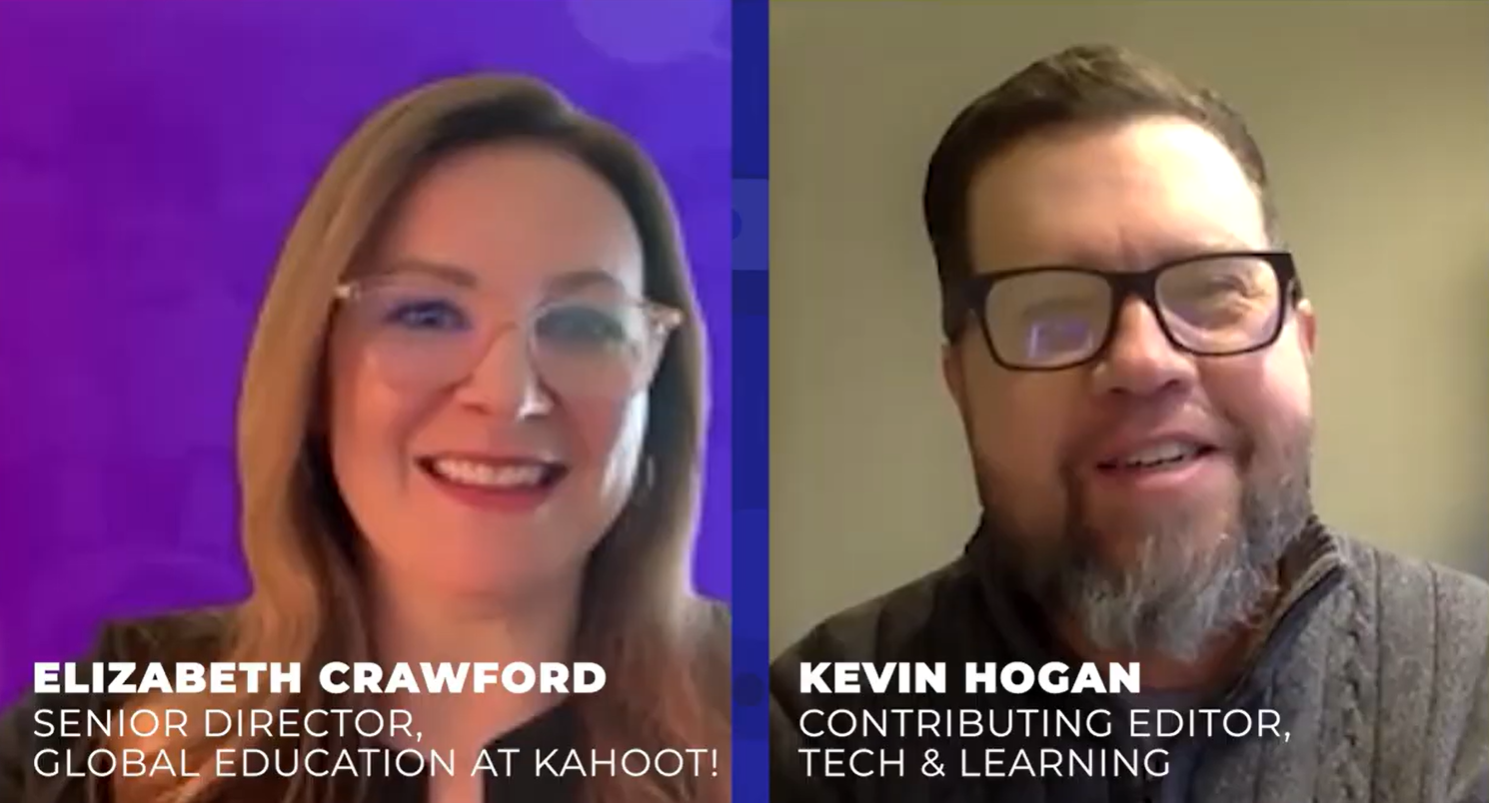DAILY INSIGHT: The past, the present, and the future, part 4 of 4
Tools and ideas to transform education. Sign up below.
You are now subscribed
Your newsletter sign-up was successful
By Gary Shattuck, CIO Advisor
In this blog, I will try to explain what I think we in education need to do to prepare our students for a future that is characterized by volatility, uncertainty, complexity, and ambiguity. If we are to predict the near future then we must use that prediction to inform our decisions and our actions today.
Clayton Christensen of Harvard University discovered what he called disruptive technologies and which he outlined in his book The Innovator’s Dilemma. Later, he applied his research methodology to K-12 education in Disrupting Class and predicted that by 2020 one-half of high school classes will be taught online. How do we prepare for that scenario? Do we create our own classes or do we push our students into K-12 online alternatives? Do we go all online or do we use blended learning alternatives? These are decisions we will need to make very soon.
If that is not enough, look at what we are producing as far as student outcomes are concerned. Are we graduating students who are prepared for the 21st century? Tony Wagner’s research in The Global Achievement Gap indicates that we are not preparing our students for this kind of world. Since we are stuck with assessments that measure retention of discrete facts, we are not preparing our students for the high-tech jobs that are currently available, let alone for the jobs that have not yet been created. According to Wagner, the number-one characteristic that CEOs and HR personnel are looking for in new hires is the ability to ask good questions. Do we teach that? Do we teach inquisitiveness and curiosity, or do we teach memorization skills? Do we teach creativity and critical-thinking skills or do we teach mimicry and compliance? Of the 10 most marketable jobs in 2014, three are in computer technologies and seven are in health care. The top two are software developer and computer systems analyst. Are we preparing our children for these kinds of jobs?
Wagner’s ideas about what CEOs and HR personnel are looking for do not focus on specific jobs but on specific characteristics that he calls the Seven Survival Skills. These are:
1. Critical Thinking and Problem Solving
2. Collaboration Across Networks and Leading by Influence
3. Agility and Adaptability
4. Initiative and Entrepreneurialism
5. Effective Oral and Written Communication
6. Accessing and Analyzing Information
7. Curiosity and Imagination
These skills are not job specific nor should they be. Some call these soft skills, but Wagner calls them survival skills. They are survival skills because only those who have these skills will thrive in the 21st century—a century that will separate the wheat from the chaff. These skills are what we need to teach in order to prepare our students for their future because, if we do not, John Dewey’s admonition will come back to haunt us: “If we teach today like we taught yesterday, we will rob or children of their tomorrow.” Will this be our generation’s legacy? Will we rob of children of their tomorrow, or will we prepare them for their future? The decision is yours to make.
Tools and ideas to transform education. Sign up below.
Gary Shattuck is the director of technology and media services at Newton County Schoolsin Covington, Georgia. Follow him on Twitter as @EdTechLeader.
